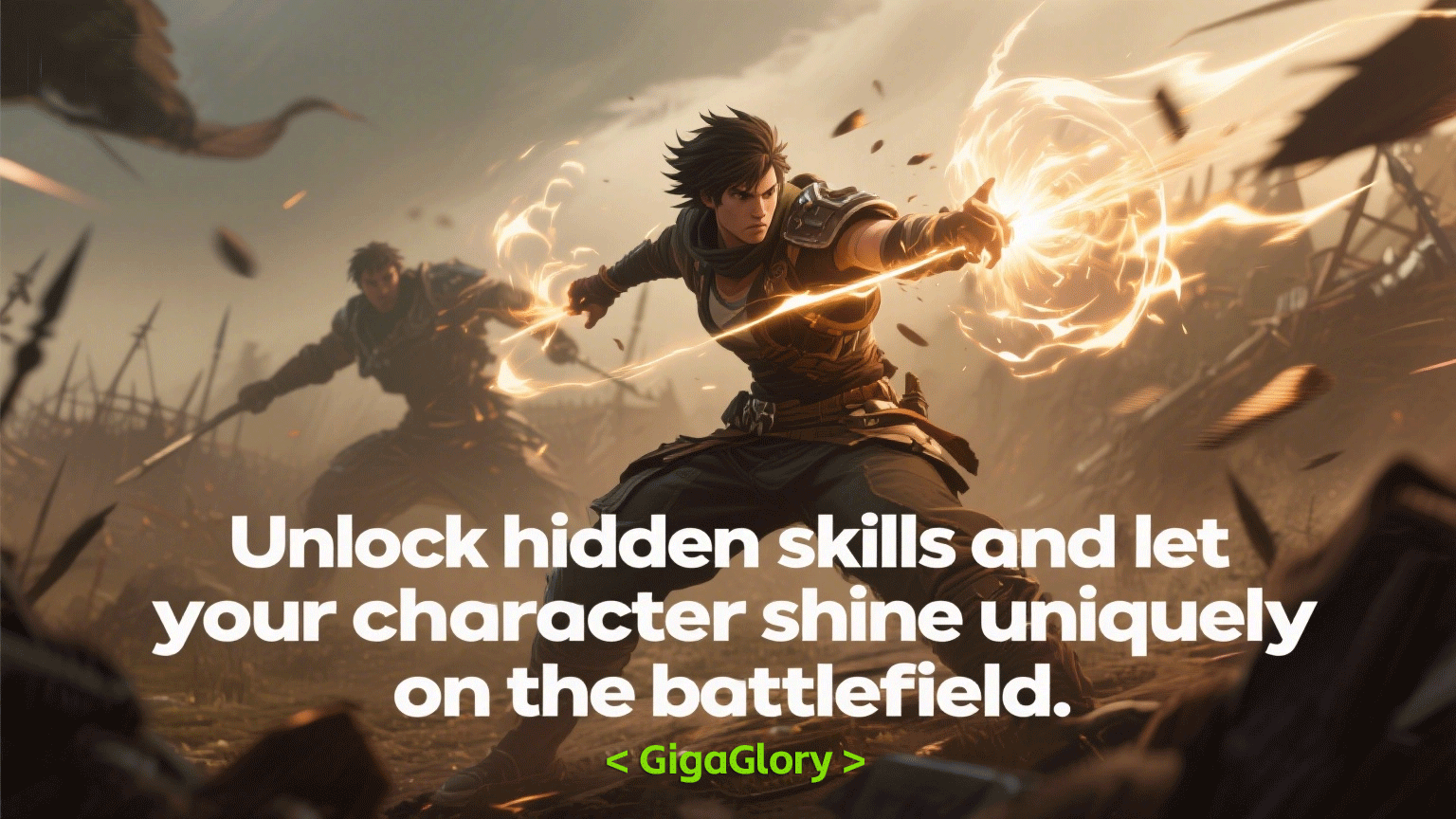How MMORPG Strategy Games Are Transforming the Gaming Landscape
The world of gaming has seen numerous evolutions over the years, but none are quite as fascinating as the rise of MMORPG strategy games. These games not only offer immersive experiences but also transform how players engage with each other and the game environment. Whether you’re a seasoned gamer or new to the genre, understanding the impact of these games can provide insights into the future of gaming.
The Rise of MMORPGs
Massively Multiplayer Online Role-Playing Games (MMORPGs) have gained immense popularity since their inception. Games like World of Warcraft paved the way for dynamic storytelling and in-depth character progression. Players can build their avatars and embark on quests that strengthen community bonds while boosting individual skills.
What Makes Strategy Games Unique?
While MMORPGs focus on storytelling and character development, strategy games introduce an element of tactical thinking. Players must carefully consider their actions, whether managing resources, building armies, or outsmarting opponents. This blend of strategy and interactive gameplay creates a rich environment for both casual and hardcore gamers.
Key Features of MMORPG Strategy Games
- Complex Gameplay Mechanics: The dual nature of RPG elements and strategic decision-making keeps players engaged.
- Community Interaction: Players often collaborate in guilds or clans, fostering teamwork and friendship.
- Real-time Events: Frequent updates and events keep the game lively and attract returning players.
- Diverse Goals: Different players can pursue varying objectives, from quest completion to competing in tournaments.
The Connection Between MMORPGs and Free Strategy Games
The availability of free games, like Clash of Clans, has made it easier for newcomers to dive into the gaming world. These free strategy games often share MMORPG traits, such as guild systems and competitive elements. Players can immerse themselves in extensive worlds without the initial price barrier, leading to a larger player base.
RPG Web Browser Games: A New Frontier
As technology advances, RPG web browser games have emerged, allowing players to engage in MMORPG experiences through their browsers. This accessibility offers a hassle-free entry point for gamers who may not have high-end systems. These games bring strategic depth without requiring downloads, thereby reaching a wider audience.
Success Stories: Popular MMORPG Strategy Games
| Game Title | Release Year | Notable Features |
|---|---|---|
| World of Warcraft | 2004 | Extensive lore, raids, and PvP content |
| Clash of Clans | 2012 | Base building, clan wars, and real-time strategy |
| RuneScape | 2001 | Browser-based, customizable skills |
Challenges in the MMORPG Strategy Genre
Despite the growing popularity, MMORPG strategy games face their challenges. Balancing gameplay to ensure new and veteran players can compete is crucial. Moreover, issues related to monetization can lead to tensions within the community if not handled delicately.
Future Trends in MMORPG Strategy Games
As the gaming landscape shifts, we can expect to see more innovations in MMORPG strategy games. Technologies like VR and AR have the potential to revolutionize the way players interact with their surroundings. Moreover, the rise of mobile gaming offers new platforms for players to engage with strategy elements on-the-go.
Conclusion: A Transformative Landscape
The transformation of MMORPG strategy games is undeniable. These games offer an extraordinary blend of storytelling and strategic thinking, appealing to a broad audience. With technological advancements and an expanding player base, the future looks bright for MMORPGs. As they continue to evolve, we might not only witness gameplay changes but also shifts in how communities form and interact in virtual realms.



